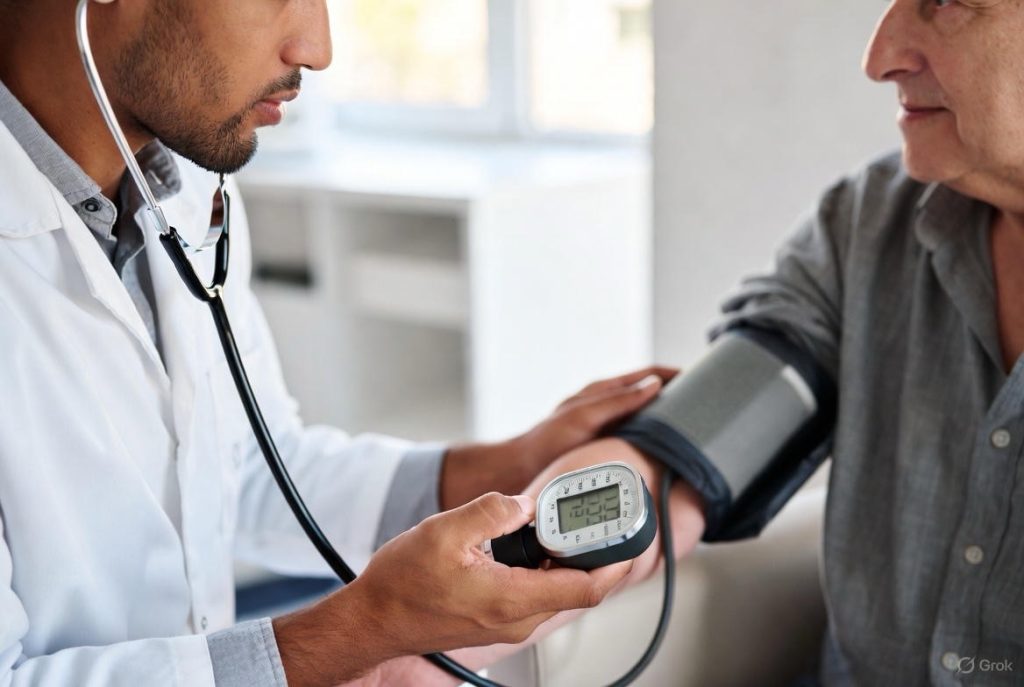Hypertension, commonly known as high blood pressure, is a chronic medical condition where the force of blood against the artery walls is consistently too high. It is often called a “silent killer” because it can develop over years without any obvious symptoms, causing damage to the cardiovascular system.
A diagnosis of hypertension is not based on a single reading. It requires consistently elevated readings on multiple separate occasions. Blood pressure is recorded as two numbers:
· Systolic Blood Pressure (SBP): The pressure in your arteries when your heart beats.
· Diastolic Blood Pressure (DBP): The pressure in your arteries when your heart rests between beats.
Classification of Hypertension
The following table outlines the standard classifications for blood pressure levels in adults (measured in millimeters of mercury, or mmHg):
| Classification | Systolic BP (SBP) | and/or | Diastolic BP (DBP) |
|---|---|---|---|
| Optimal | < 120 | and | < 80 |
| Normal | 120 – 129 | and/or | 80 – 84 |
| High Normal | 130 – 139 | and/or | 85 – 89 |
| Grade 1 Hypertension | 140 – 159 | and/or | 90 – 99 |
| Grade 2 Hypertension | 160 – 179 | and/or | 100 – 109 |
| Grade 3 Hypertension | ≥ 180 | and/or | ≥ 110 |
| Isolated Systolic Hypertension | ≥ 140 | and | < 90 |
How to Measure Blood Pressure Accurately
To ensure an accurate reading, follow these steps:
1. Rest: Sit quietly for at least 5 minutes before the measurement.
2. Position: Sit in a chair with your back supported. Place your arm on a table so that the cuff is at the level of your heart. If you are lying down, your arm should be supported at your side.
3. Cuff: Ensure the correct cuff size is used, fitted snugly around your bare upper arm.
4. Avoid Influences: Do not smoke, consume caffeine, or exercise for at least 30 minutes before measuring.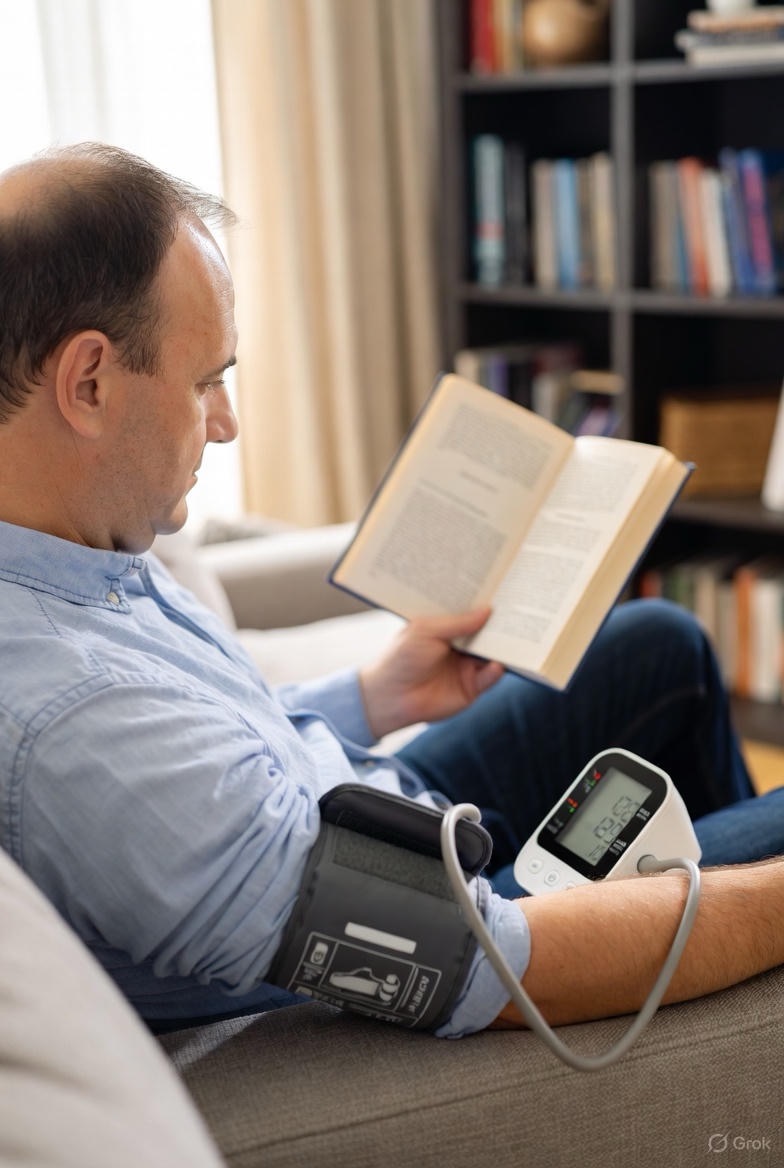
Symptoms of Hypertension
Most people with hypertension experience no symptoms at all. When blood pressure reaches dangerously high levels (a hypertensive crisis), symptoms may include:
· Severe headache
· Dizziness
· Blurred or double vision
· Chest pain
· Difficulty breathing
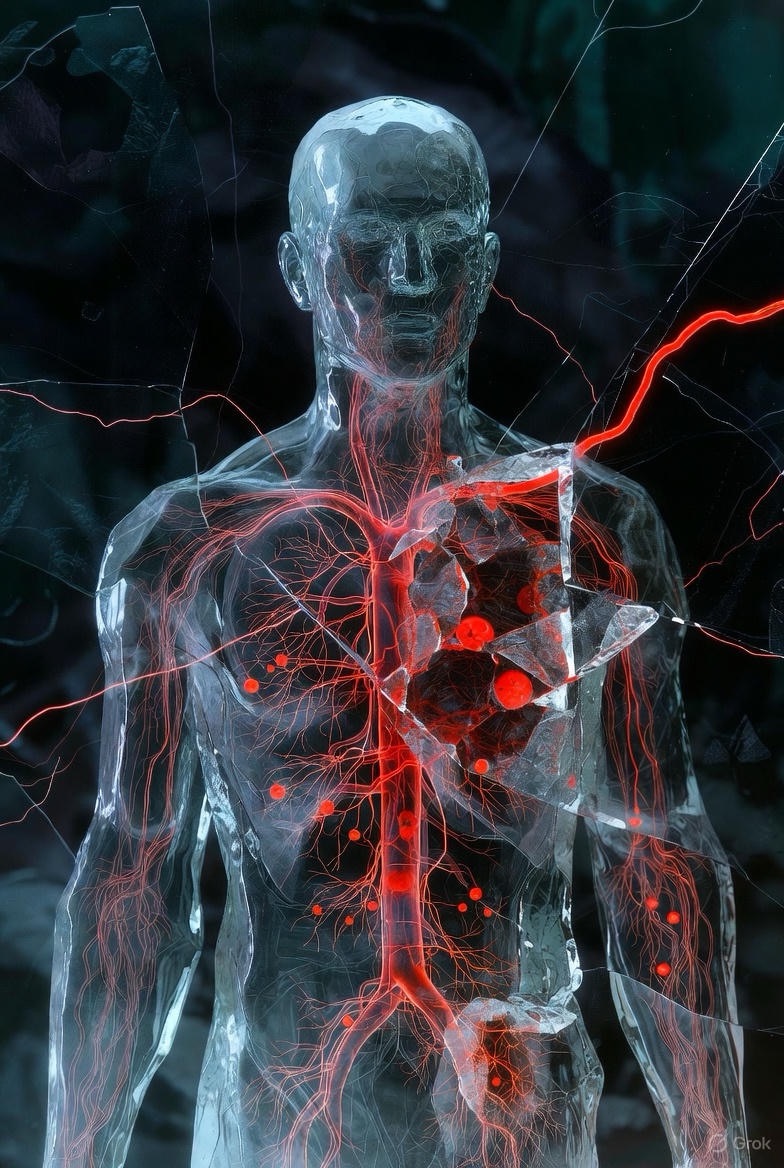
Risk Factors for Hypertension
Several factors can increase your likelihood of developing high blood pressure:
· Non-Modifiable (Cannot be changed):
· Age: Risk increases as you get older.
· Family History: Having close relatives with hypertension.
· Modifiable (Can be changed or managed):
· Unhealthy Diet: High salt (sodium), high saturated and trans fats, low potassium.
· Lack of Physical Activity: Sedentary lifestyle.
· Obesity or Being Overweight
· Excessive Alcohol Consumption
· Tobacco Use: Smoking or chewing tobacco damages artery walls.
· Chronic Stress
Treatment and Management
Hypertension is a manageable condition through lifestyle modifications and, if necessary, medication.
Lifestyle Modifications
These are crucial for all stages of hypertension and are the primary approach for early-stage cases.
1. Dietary Changes: Adopt a heart-healthy diet like the DASH (Dietary Approaches to Stop Hypertension) diet.
· Salt Restriction: Limit intake to less than 5g (about one teaspoon) per day.
· Increase Intake of: Fruits, vegetables, whole grains, fish, nuts, and unsaturated fats.
· Reduce Intake of: Red meat, processed foods, and sugary drinks.
2. Regular Physical Activity: Aim for at least 30 minutes of moderate-intensity aerobic exercise (e.g., brisk walking, cycling) on 5-7 days of the week.
3. Limit Alcohol: Men should consume < 14 units per week; women should consume < 8 units per week.
4. Smoking Cessation: Quitting smoking is one of the most effective ways to improve heart health.
5. Weight Management: Losing even a small amount of weight can help reduce blood pressure.

Pharmacological (Medical) Management
When lifestyle changes are not enough, doctors may prescribe medication. Common first-line medications include:
· ACE Inhibitors (ACEIs)
· Angiotensin II Receptor Blockers (ARBs)
· Calcium Channel Blockers (CCBs)
· Diuretics (Water Pills)
Important Note: A combination of an ARB and an ACE inhibitor is generally not recommended due to an increased risk of side effects without additional benefit.
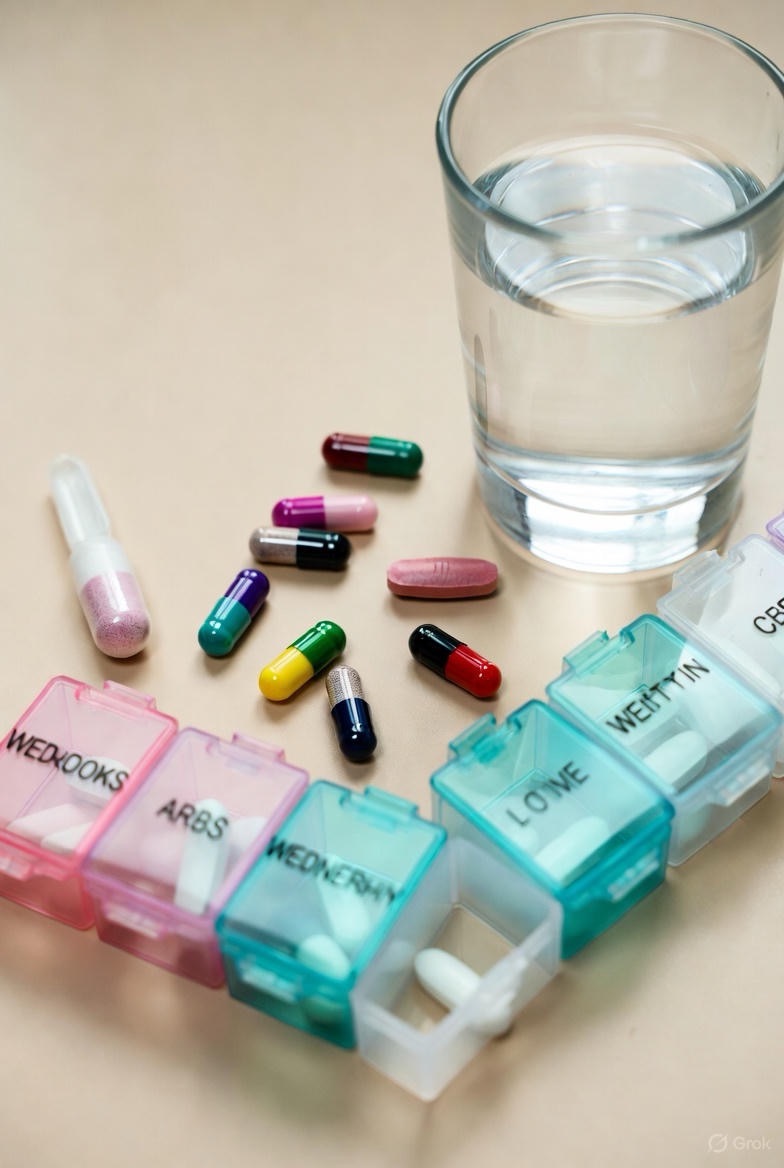
Potential Complications of Uncontrolled Hypertension
If left untreated, persistent high blood pressure can severely damage blood vessels and lead to life-threatening complications, including:
· Heart Attack or Heart Failure
· Stroke
· Kidney Disease or Kidney Failure
· Vision Loss due to damaged blood vessels in the eyes (retinopathy)
· Peripheral Artery Disease
· Sexual Dysfunction
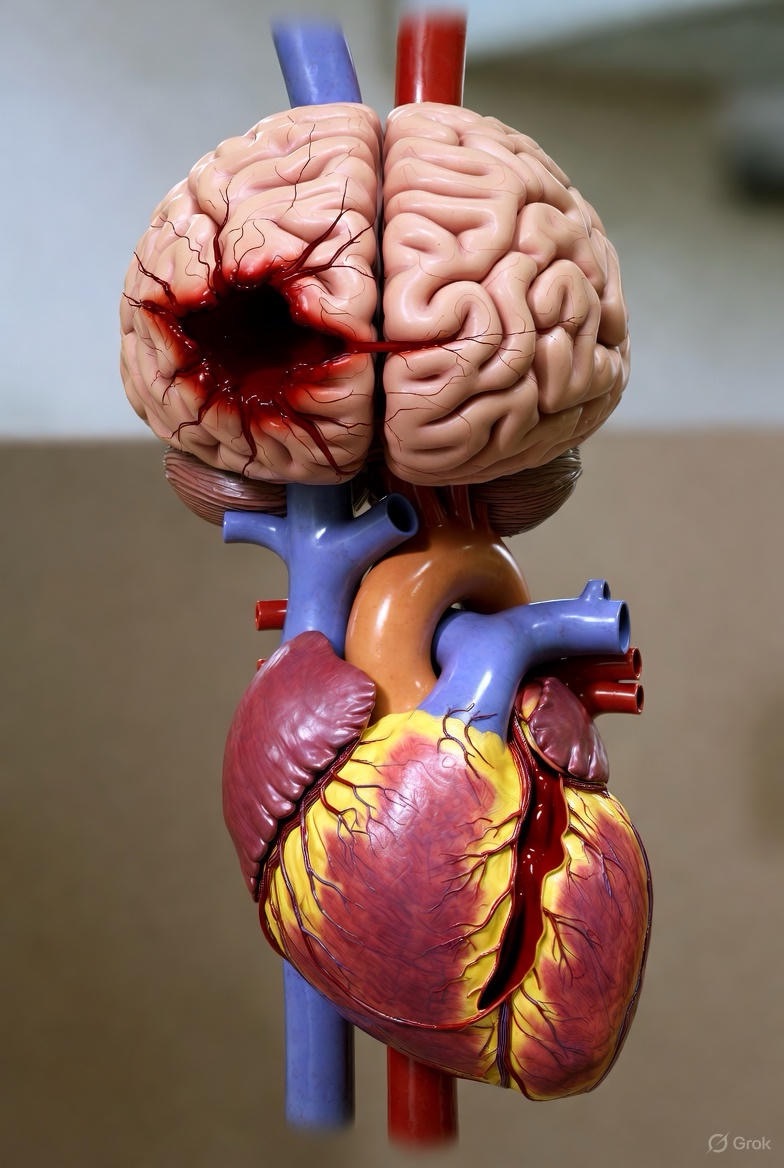
FAQS
General Understanding & Diagnosis
1. What do the two numbers in a blood pressure reading mean?
· Answer: The top number (systolic) is the pressure when your heart beats. The bottom number (diastolic) is the pressure when your heart rests between beats.
2. I had one high reading. Do I have hypertension?
· Answer: No. A diagnosis requires consistently high readings on multiple separate occasions. A single high reading can be due to stress, pain, or recent activity.
3. What is “Isolated Systolic Hypertension”?
· Answer: This is when your systolic pressure (top number) is high (≥140), but your diastolic pressure (bottom number) is normal (<90). This is common in older adults.
4. Can young people get hypertension?
· Answer: Yes. While age is a risk factor, young people can develop it due to family history, obesity, poor diet, or other underlying health conditions.
Symptoms & “The Silent Killer”
1. Why is hypertension called the “silent killer”?
· Answer: Because it often has no obvious symptoms for many years, silently damaging your heart, blood vessels, and organs until a serious complication like a heart attack or stroke occurs.
2. If I feel fine, does that mean my blood pressure is okay?
· Answer: No. This is a dangerous misconception. Most people with high blood pressure feel perfectly normal, which is why regular check-ups are essential.
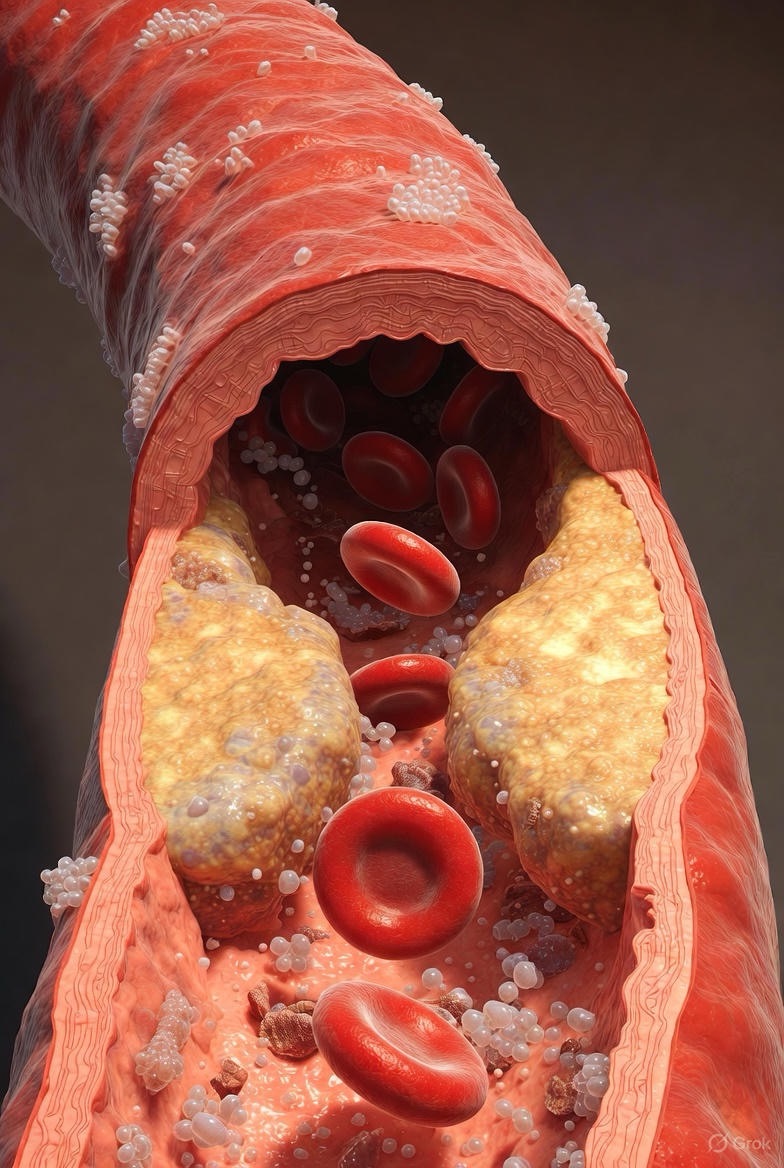
3. What are the warning signs of a very high blood pressure crisis?
· Answer: Severe headache, chest pain, difficulty breathing, severe anxiety, nosebleeds, and blurred vision. This is a medical emergency.
Causes & Risk Factors
1. What is the main cause of hypertension?
· Answer: For most adults, there’s no single identifiable cause. This is called “Primary” or “Essential” hypertension, and it develops over time due to a combination of genetic and lifestyle factors (like diet and lack of exercise).
2. Is hypertension hereditary?
· Answer: Family history is a significant risk factor. If your parents or close relatives have it, you are more likely to develop it, making lifestyle choices even more important.
3. How does salt intake affect my blood pressure?
· Answer: Salt makes your body retain more water. This extra water in your bloodstream increases the pressure on your blood vessel walls.
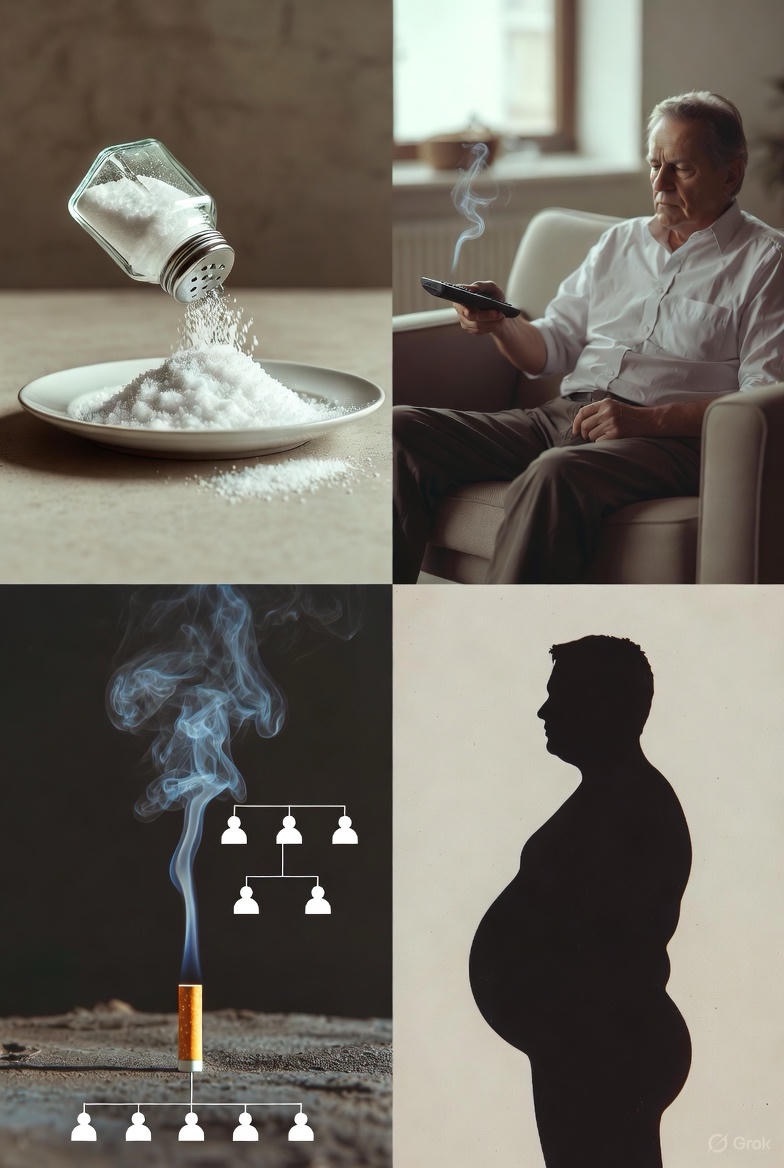
Management & Treatment
1. Can I cure hypertension with lifestyle changes alone?
· Answer: In the early stages (High Normal or Grade 1), lifestyle changes can sometimes bring blood pressure down to a normal range without medication. However, for many, it’s a chronic condition that requires long-term management with both lifestyle changes and medication.
2. If I start medication, do I have to take it forever?
· Answer: Often, yes. Medication controls but does not cure hypertension. Stopping medication will usually cause your blood pressure to rise again. Never stop taking prescribed medication without consulting your doctor.
3. Why are there so many different types of blood pressure pills?
· Answer: They work in different ways (e.g., relaxing blood vessels, reducing fluid volume). Your doctor will choose the best type or combination based on your age, ethnicity, and other health conditions.
4. I heard you shouldn’t mix ACE inhibitors and ARBs. Why?
· Answer: Correct. Combining these two specific classes of drugs increases the risk of serious side effects, including kidney damage and dangerously high potassium levels, without providing extra benefit.
Lifestyle & Daily Life
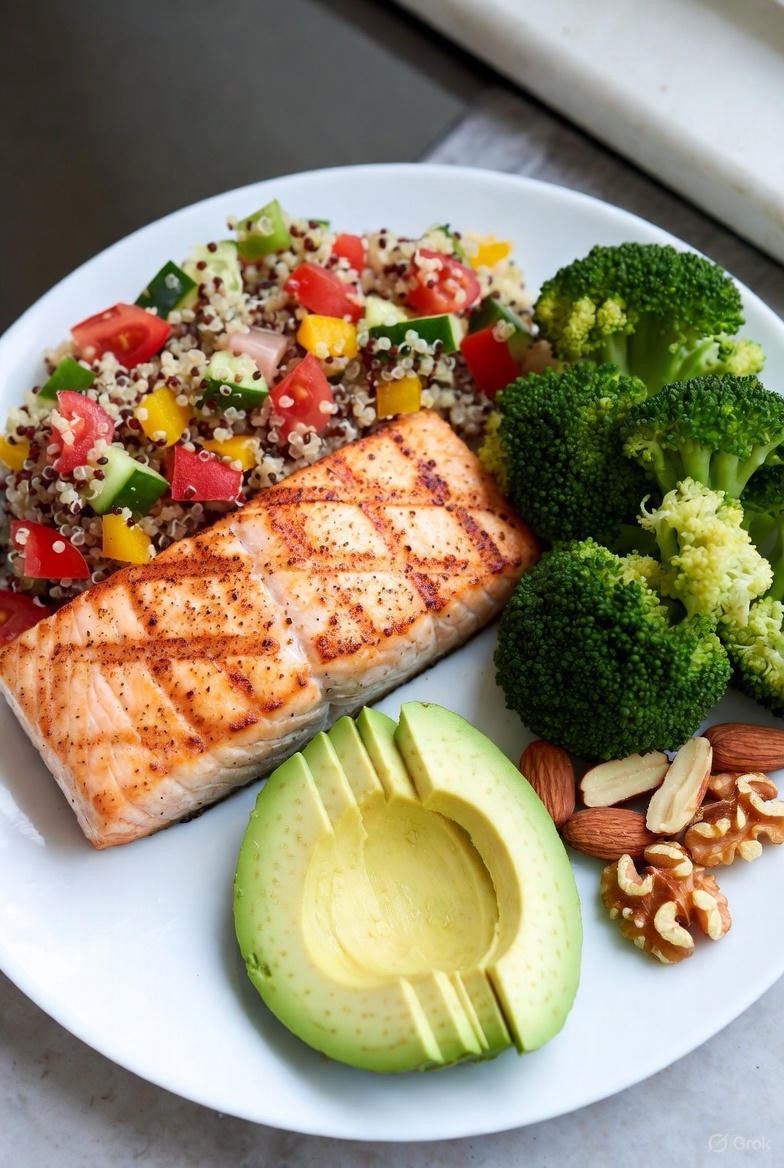
1. How much exercise is enough to help?
· Answer: Aim for at least 30 minutes of moderate aerobic activity (like brisk walking, cycling, or swimming) on most days of the week (5-7 days).
2. What foods should I eat to lower my blood pressure?
· Answer: Focus on fruits, vegetables, whole grains, fish, nuts, and low-fat dairy. The DASH (Dietary Approaches to Stop Hypertension) diet is specifically designed for this purpose.
3. Is it okay to drink alcohol if I have high blood pressure?
· Answer: You must limit it. The general guidelines are less than 14 units per week for men and less than 8 units per week for women, spread over several days.
Complications
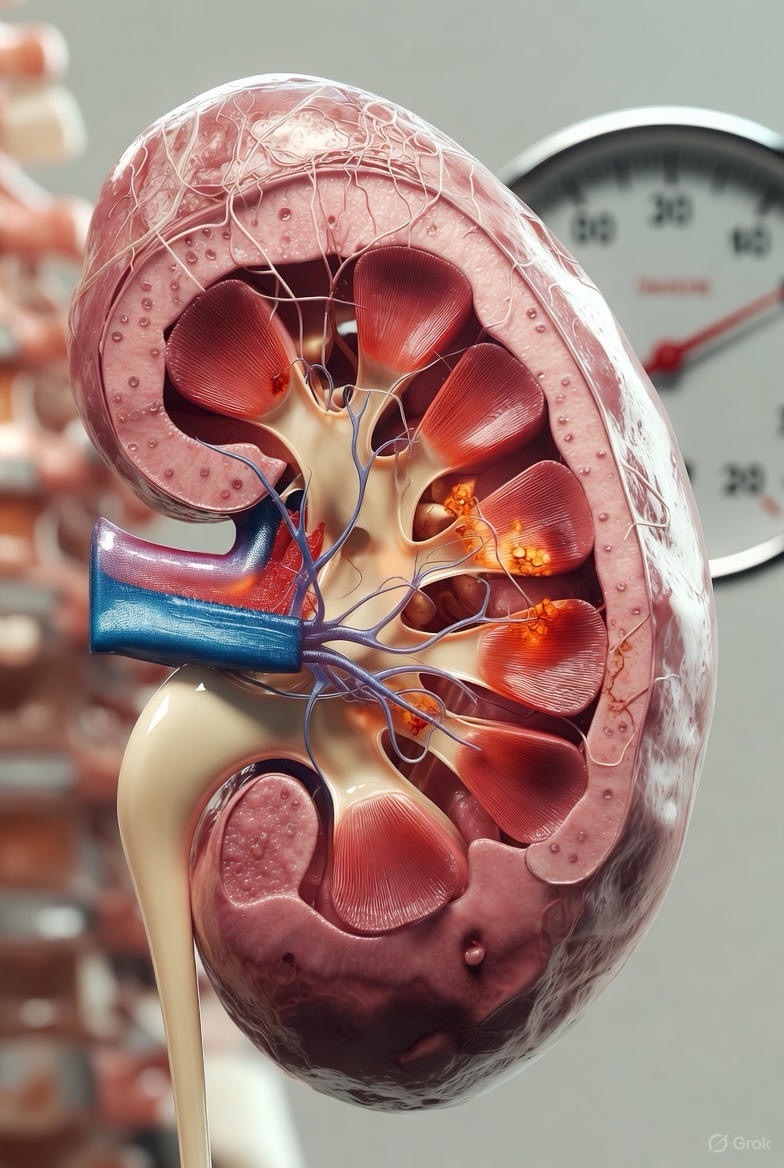
1. How exactly does high blood pressure damage my body?
· Answer: The constant high pressure damages the inner lining of your arteries, making them stiff, narrow, and prone to clogging. This reduces blood flow to vital organs like the heart, brain, and kidneys.
2. Can hypertension cause kidney failure?
· Answer: Yes. The kidneys filter waste from the blood through tiny blood vessels. High pressure can damage these vessels, leading to kidney disease and potentially kidney failure over time.
3. Can it affect my eyesight?
· Answer: Yes. It can damage the delicate blood vessels in the retina, a condition called hypertensive retinopathy, which can lead to blurred vision or even vision loss.

